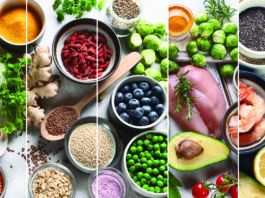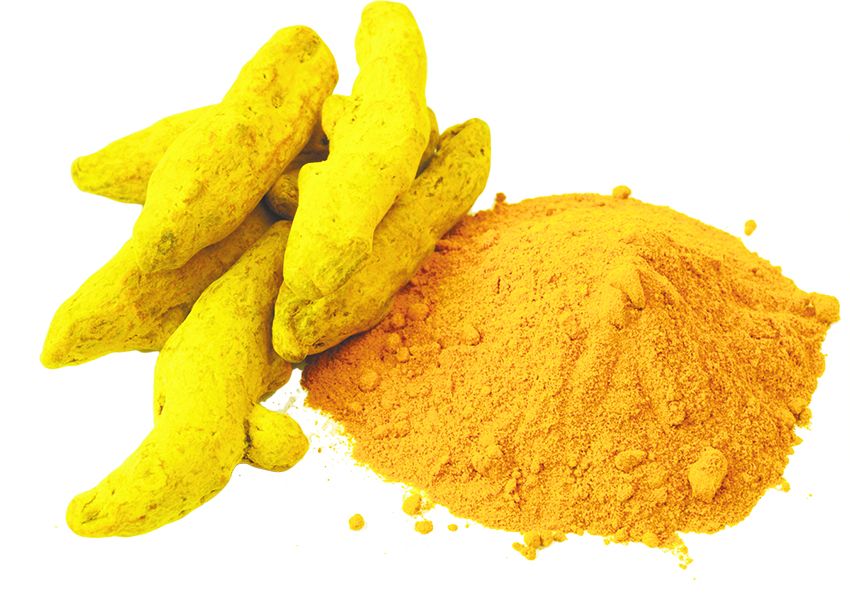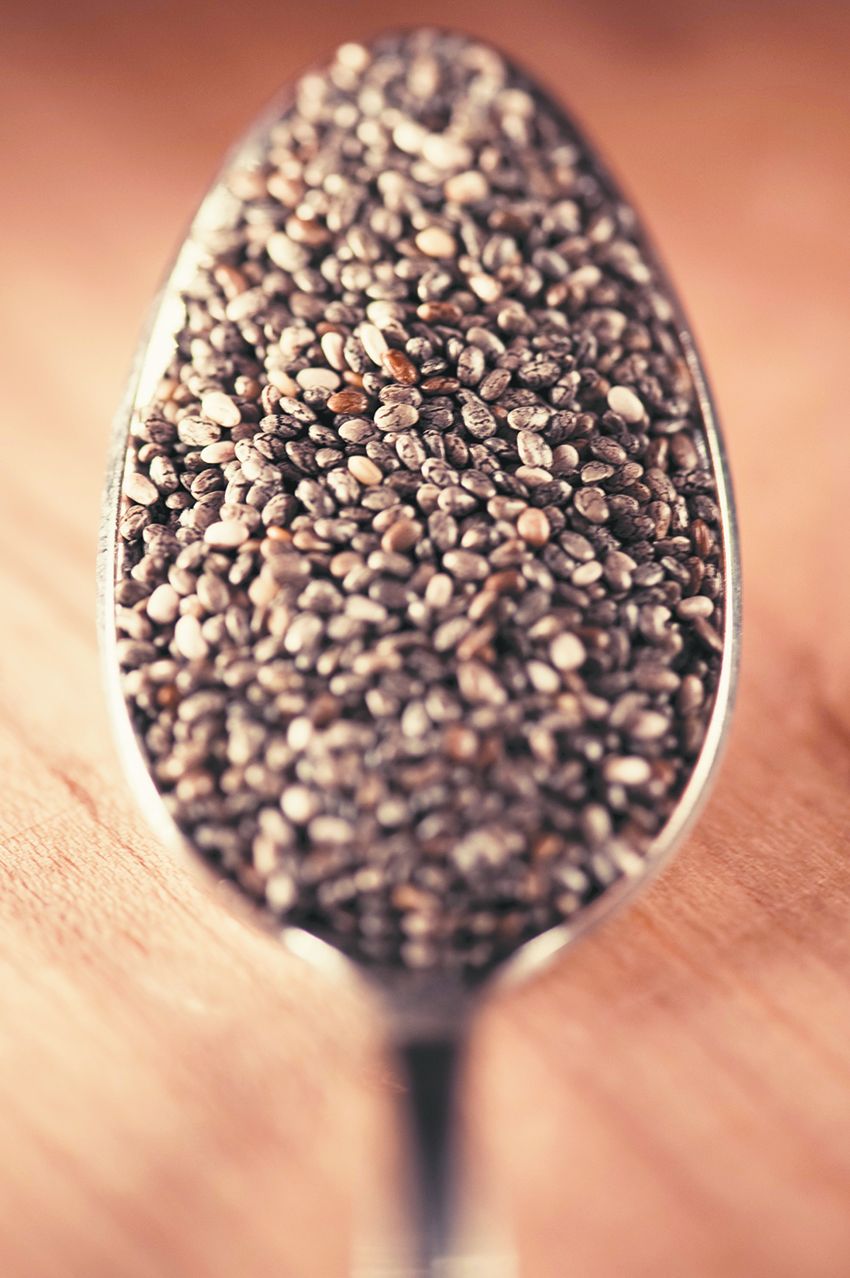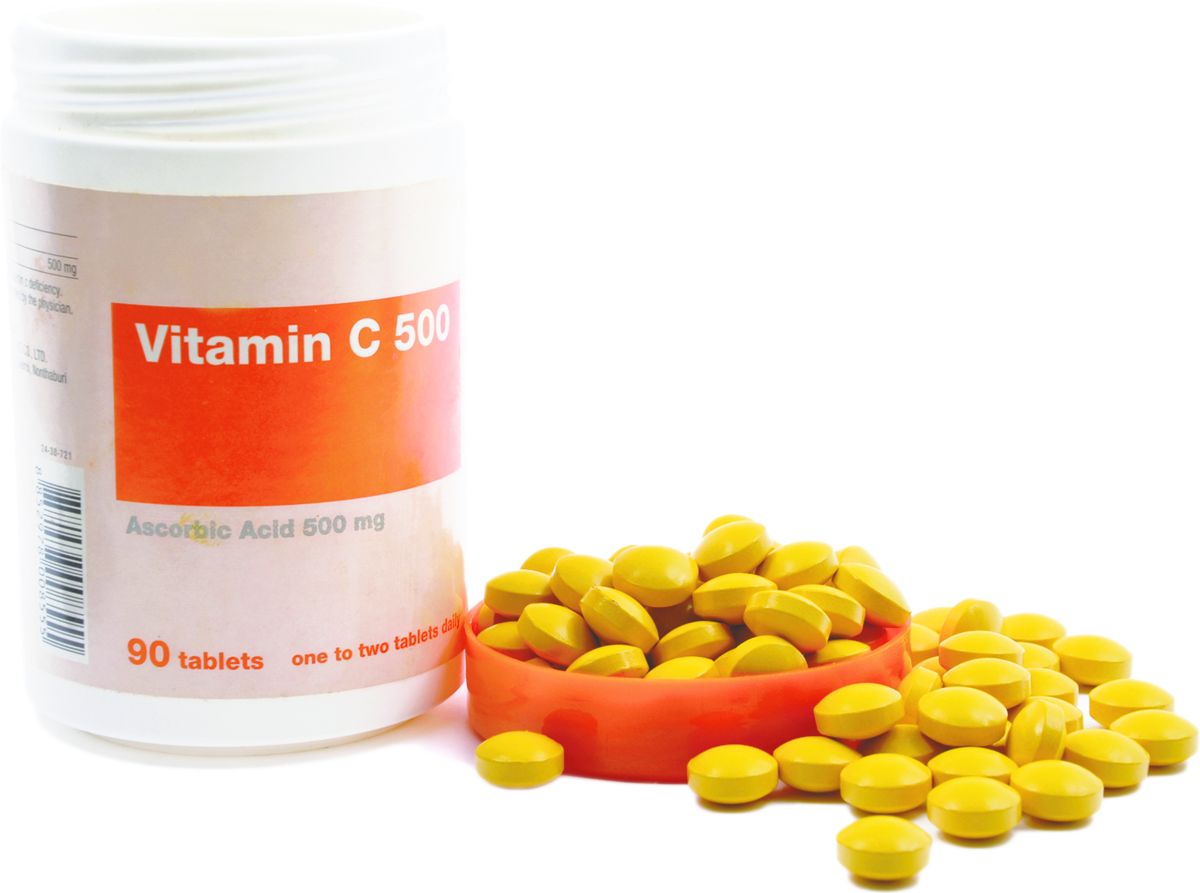Fruit First for Snacking
When Americans reach for a snack, its most likely to be fruit-though its a close call over more caloric choices.
Pigment in Turmeric Boosts Blood-Vessel Activity
Effect of curcumin on vascular activity equals that of exercise.
Should You Jump on the Chia Seeds Bandwagon?
What exactly are chia seeds? They come from a plant in the mint family (Salvia hispanica L.) cultivated in Central and South America; the seeds were once a major food source for people in Mexico and Guatemala. In health-food stores and high-end supermarkets, youll find two varieties of chia seeds - creamy white and gray-black - which can be used interchangeably. Brown chia seeds are not fully mature.
What You Need to Know Now About Multivitamins
Making sense of multivitamins cancer-prevention promise, heart-disease disappointment in recent findings.
Healthy Makeover for School Food
Snack cakes, nachos and sugary sodas would be expelled from the nations schools under new regulations proposed by the USDA.
Beverage Additives Safety Debated
PepsiCos announcement of plans to remove brominated vegetable oil (BVO) from Gatorade has cast a spotlight on the controversial beverage additive,
Frozen Fruits and Vegetables at Least as Nutritious as Fresh
Early spring, with its promise of green, can sometimes be the cruelest season at the supermarket for shoppers trying to eat right.
Fast-Food Consumption Dips
The percentage of calories Americans consume from restaurant fast food such as hamburgers and pizza declined slightly in a new government report
More Veggies, Less Meat Good for Your Heart
You dont have to become a vegetarian to protect your heart, but recent results from a large study in the UK suggest that eating more like a vegetarian could help.
High-Dose Vitamin C Pills Could Double Kidney-Stone Risk
Some people assume that, since vitamins from your diet are important for your health, taking even more vitamins in pill form must be even better for you. But thats not necessarily the case.
































